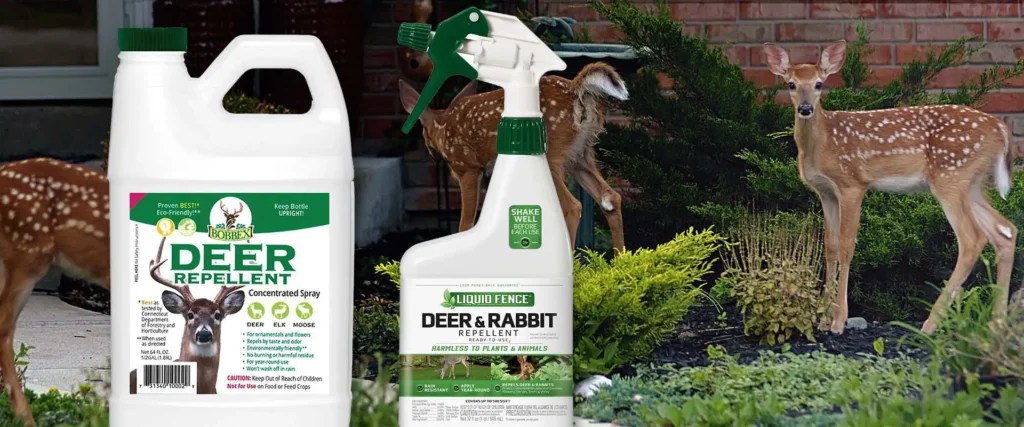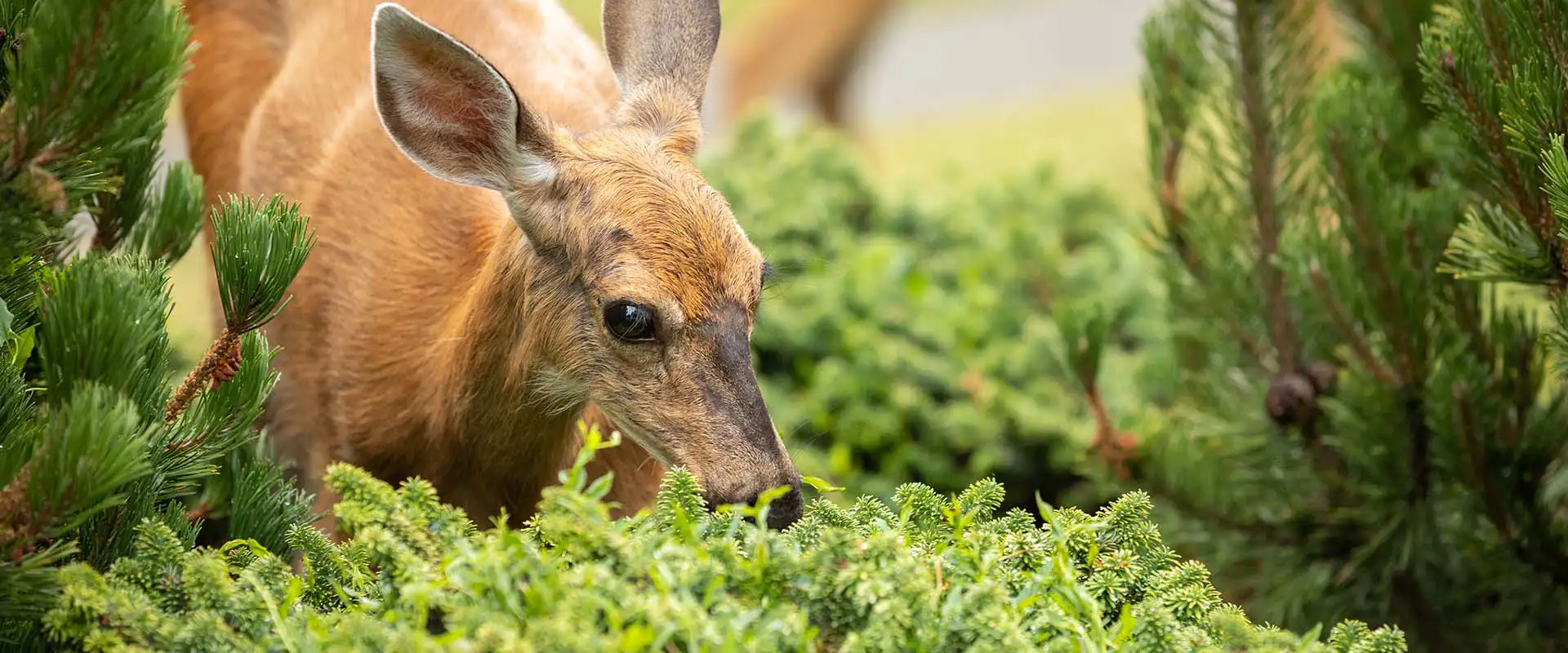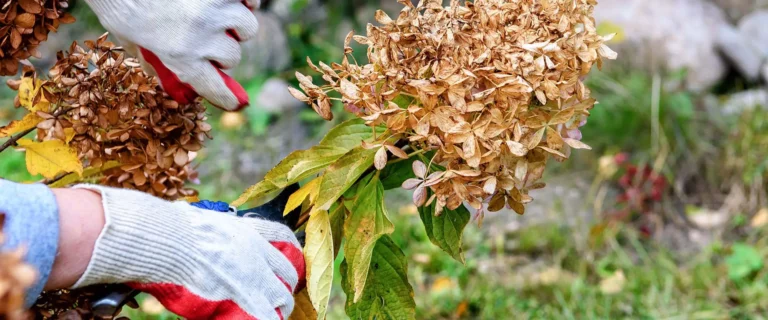They sure are cute, but it’s no secret that white-tailed deer are a problem for gardeners here in Fairfield County. As summer transitions to fall, and the fall into winter, their appetites and browsing habits will change. While they may have been wreaking havoc on your hostas, hydrangea and veggie gardens during the growing season, now, as deciduous plants lose their leaves and herbaceous plants die back, they will move on to their favorite winter meals: broadleaved and needle-leaved evergreens.
What amounts to a delicious winter snack for the deer are often some of the most important plants in our landscapes.
Broadleaved evergreens such as rhododendrons and azaleas, and needle-leaved evergreens that include arborvitae with their year-round foliage, make ideal candidates as foundation plantings and for privacy screening. That’s why we want to keep them looking lush and full, and not like the end of a buffet after the Darien High School football team went through for seconds!
A good repellent spray regimen is critical during the fall/winter months, especially if you have evergreens that deer are fond of eating, and fencing isn’t an option or working. Some things to consider:
Spraying during the fall/winter seasons is actually much easier and less labor intensive than during the growing season. Why?
Your plants are no longer growing and will not “grow out” of the repellent. So instead of spraying every 10 to 14 days, you’ll be spraying every four to eight weeks. Two or three applications can get your plants through the entire winter!

You can alternate your spray applications between two different brands of repellent.
Deer can develop a tolerance to repellents over time and repeated exposure. Not using the same brand each time you spray will keep them on their toes and their noses offended. Bobbex and Liquid Fence are our two favorites here at The Gardener’s Center.
Depending on their height, your plants may not have to be sprayed entirely.
Fortunately, we’re dealing with white-tailed deer here and not giraffes. Anything more than five or six feet above the ground will be out of their reach and will not need to be sprayed.
Always spray when temperatures are above freezing and rain is not expected for six to eight hours.
You’ll want to allow the product the time it needs to dry and do its job.
Don’t spray right before enjoying your yard or inviting guests over.
Deer repellents typically smell pretty bad not only to the deer, but to us humans as well! But when you do spray, perhaps wear a clothespin on your nose or give that Halloween mask some more wear time. Rest assured, the malodorous wafts will dissipate as the product dries.
If you want to know more about protecting your precious plants, whether it’s from hungry deer or frigid temps, talk to the experienced and knowledgeable gurus we have here at The Gardener’s Center. Consider us your most valuable resource!









